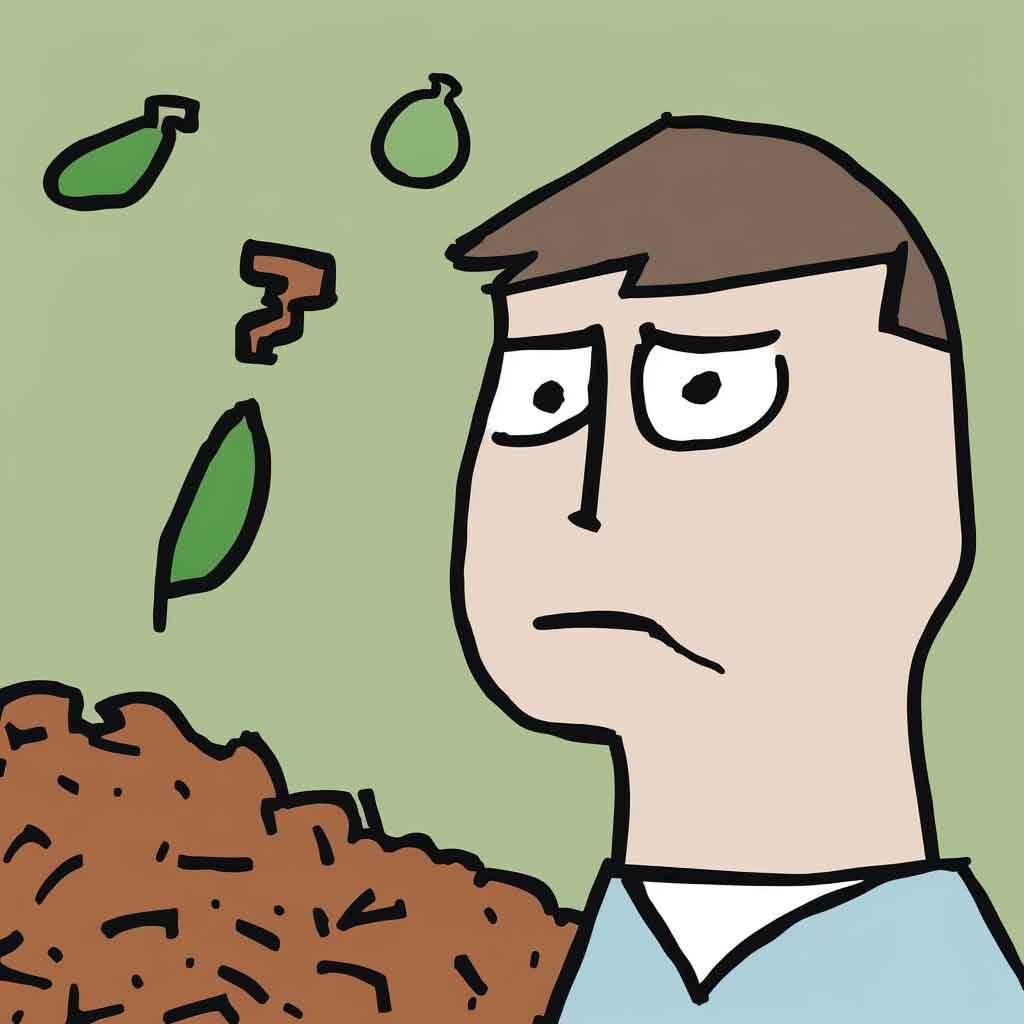Composting: Organic Soils
If you’re not composting, you’re missing out on one of the easiest and most effective ways to create rich, nutrient-packed soil for your garden. Don’t waste your hard-earned cash on store-bought fertilizer. Instead, start turning your kitchen scraps, yard waste, and other organic materials into black gold with composting. It’s easy, it’s cheap, and it’s good for the planet. Plus, you’ll be reducing your carbon footprint and helping to keep valuable resources out of landfills. So, what are you waiting for? Whether you’re a seasoned gardener or a newbie, composting is the way to go. Trust me, I’ve been doing it for years, and my garden has never looked better.
Now, there’s more than one way to compost your organic materials. The options are endless, my friends. So whether you’re a DIY enthusiast or a busy urbanite, there’s a composting method that’s right for you. Don’t be intimidated… Give it a try, and watch your garden thrive.
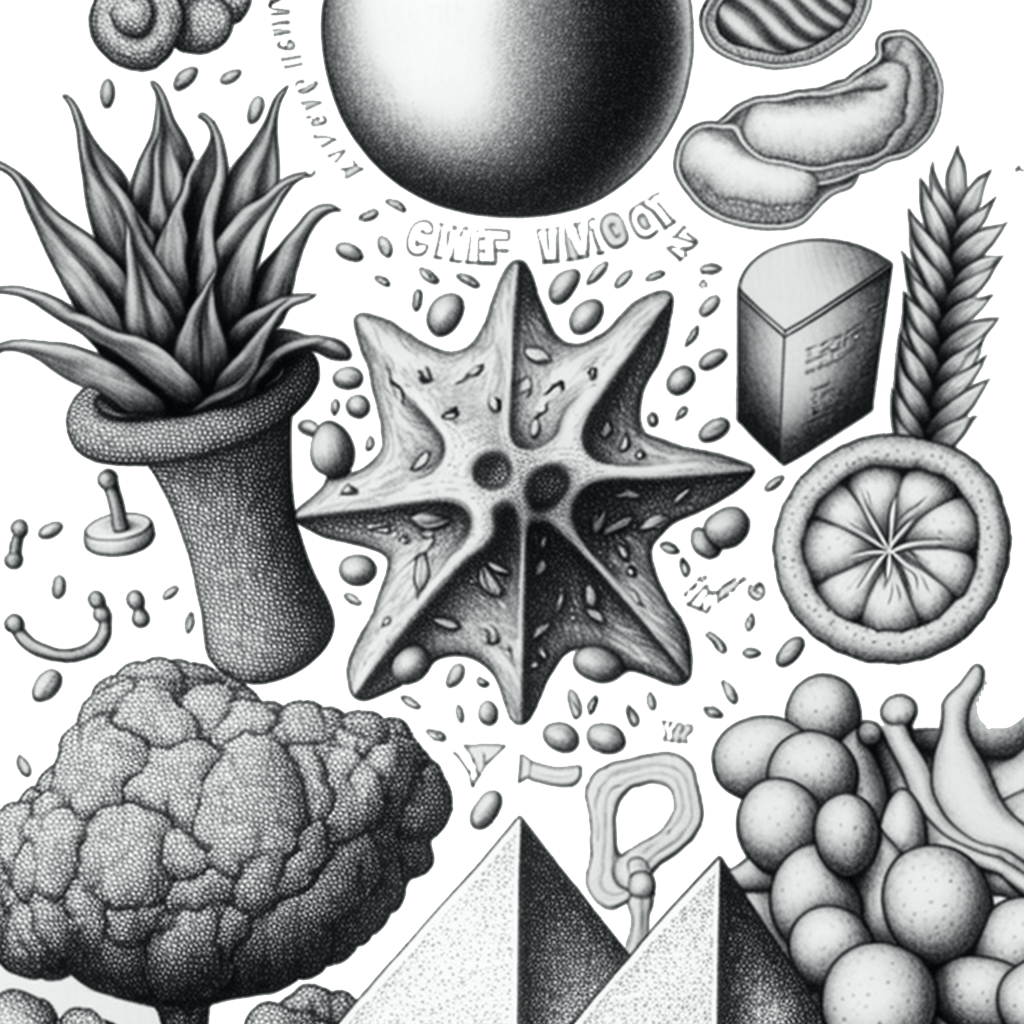
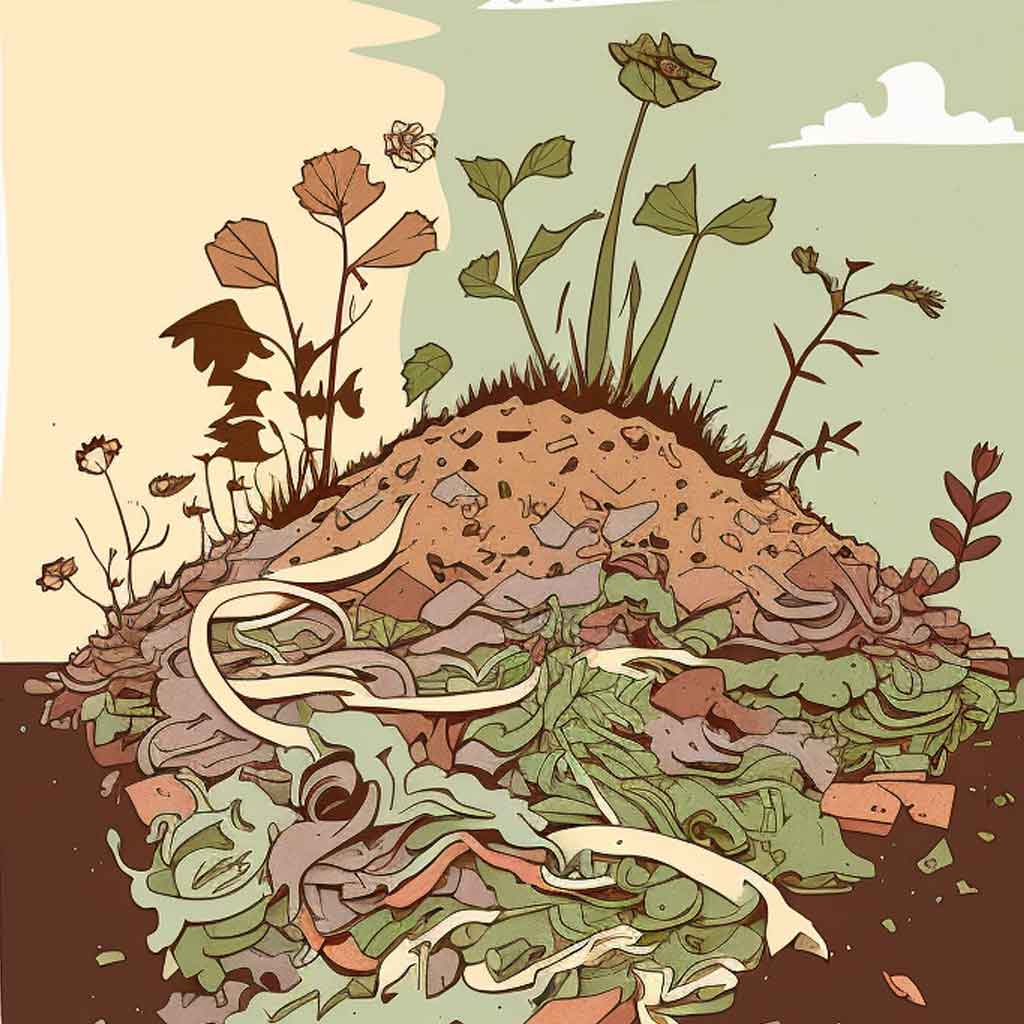
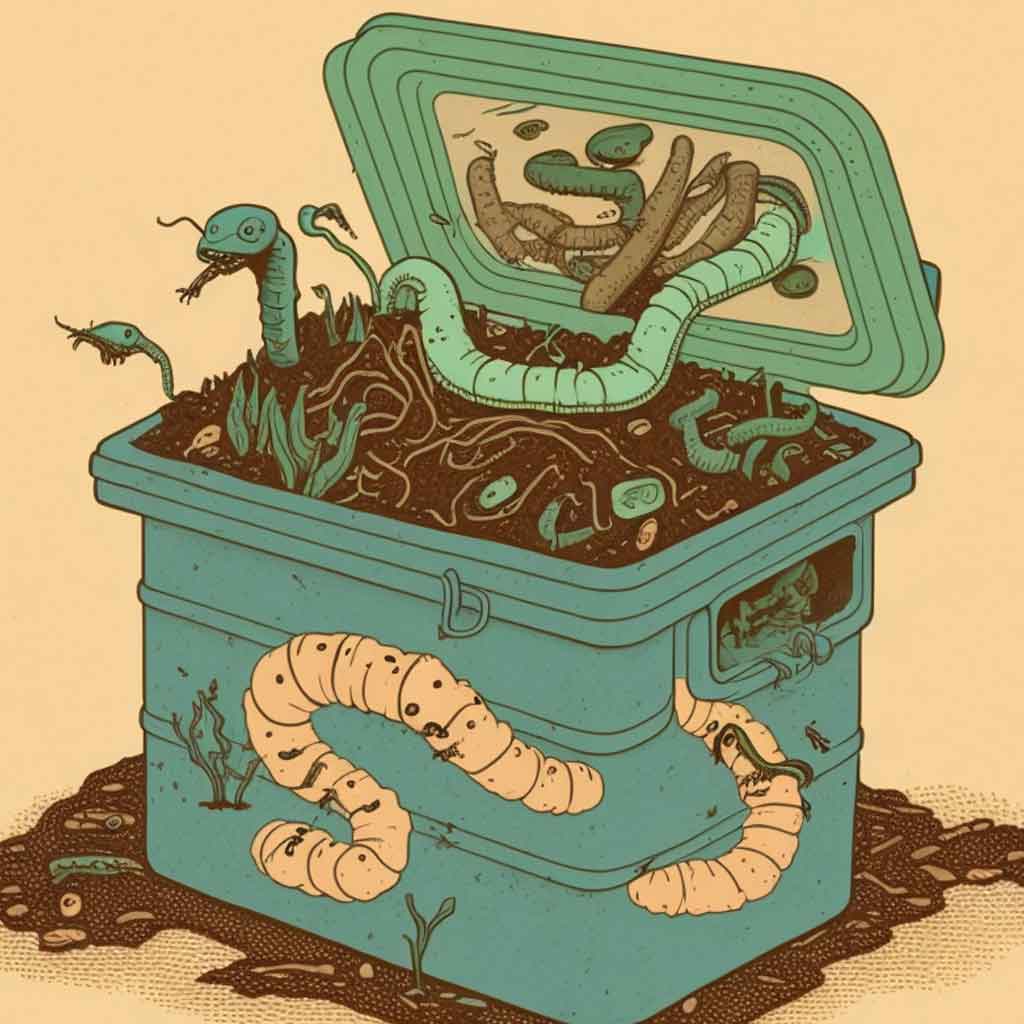
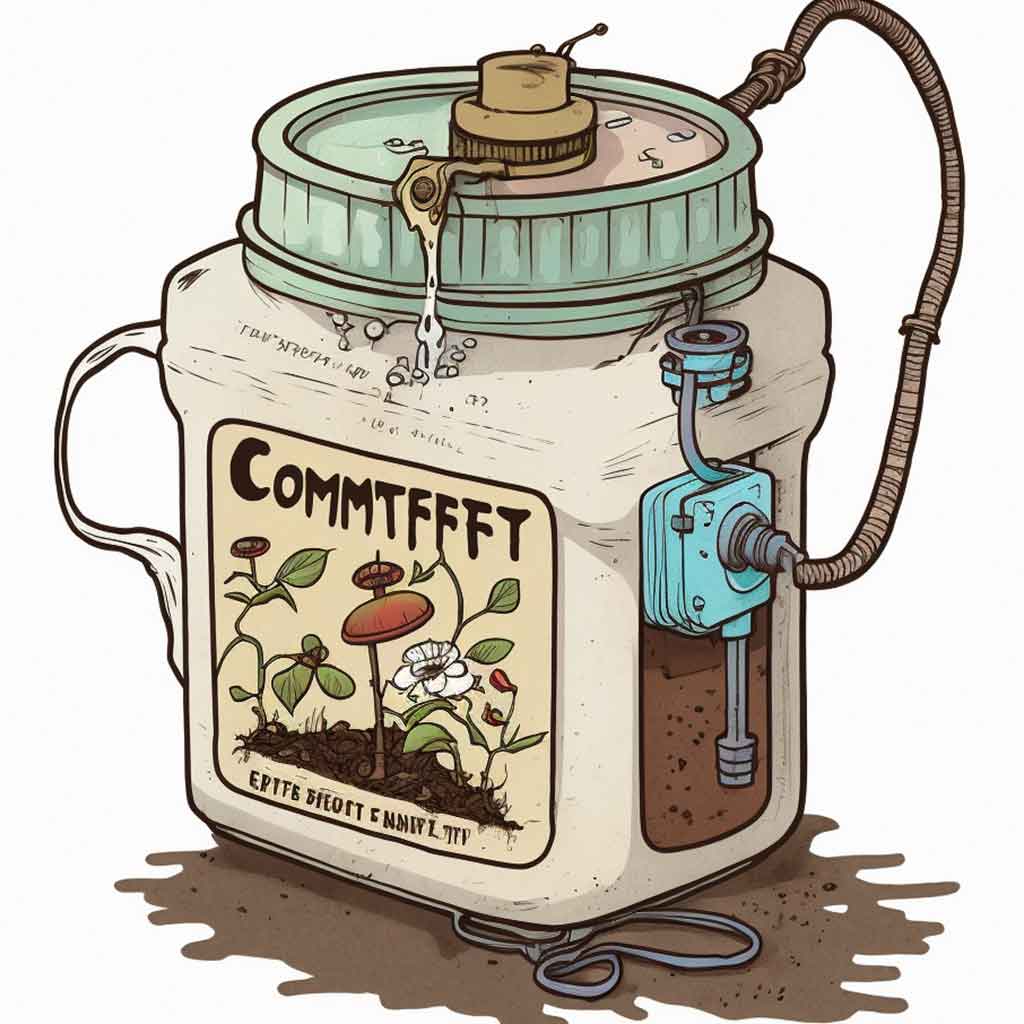
tops picks to get you started:
Where to start?
First, choose a compost bin or container that is appropriate for the size of your household and the amount of waste you generate. This can include anything from a traditional compost bin to a repurposed container like an old trash can or plastic storage bin.
Next, begin collecting organic matter like fruit and vegetable scraps, eggshells, and yard waste like leaves and grass clippings. Avoid adding meat, dairy, or oily foods, as these can attract pests and slow down the composting process.
Add your organic matter to your compost bin, along with some dry materials like shredded newspaper or dry leaves to help balance the moisture levels. Turn the compost regularly to help break down the materials and speed up the composting process.
Over time, your compost will begin to break down into nutrient-rich soil that can be used to fertilize your garden or houseplants. And by composting at home, you can reduce the amount of waste that ends up in landfills, reducing your carbon footprint and promoting a more sustainable way of living.
